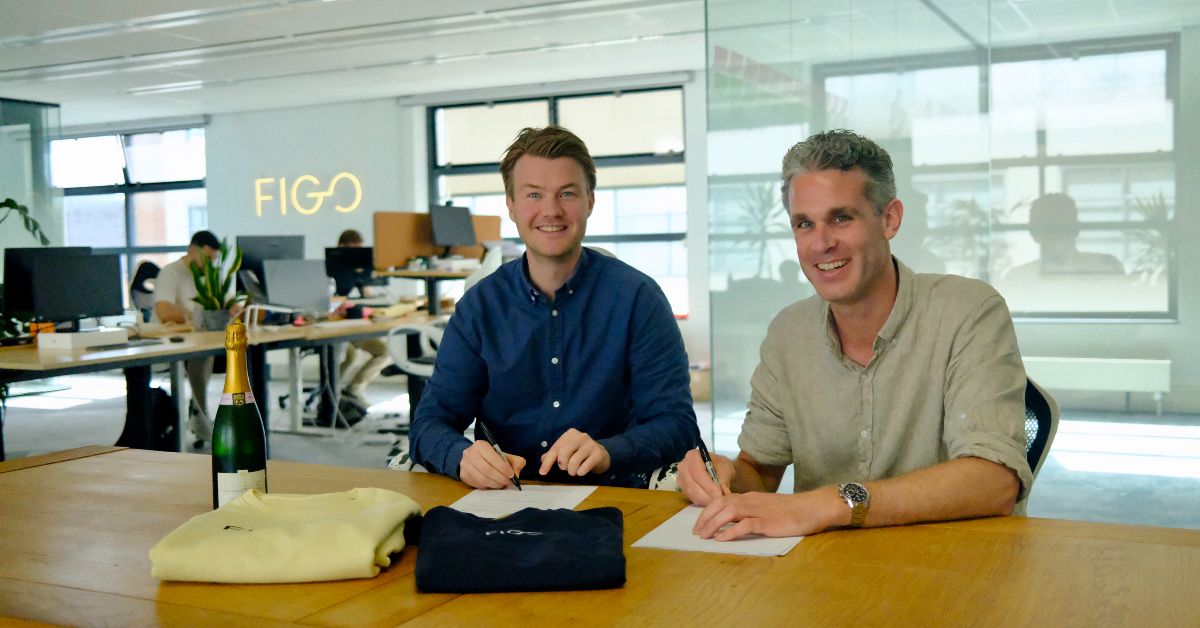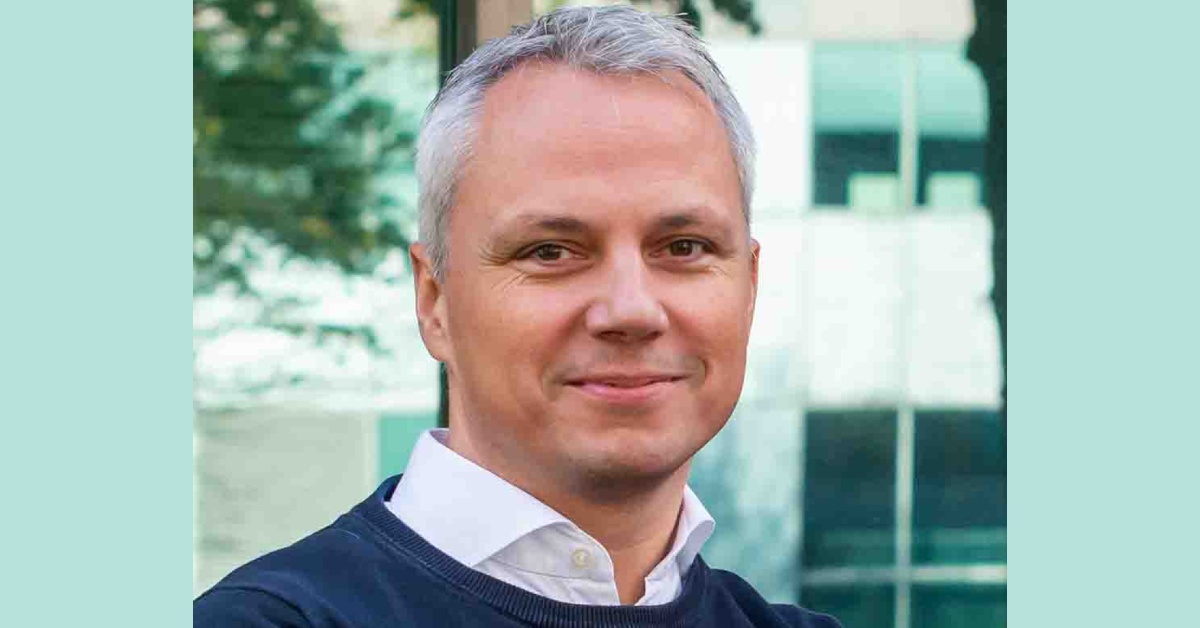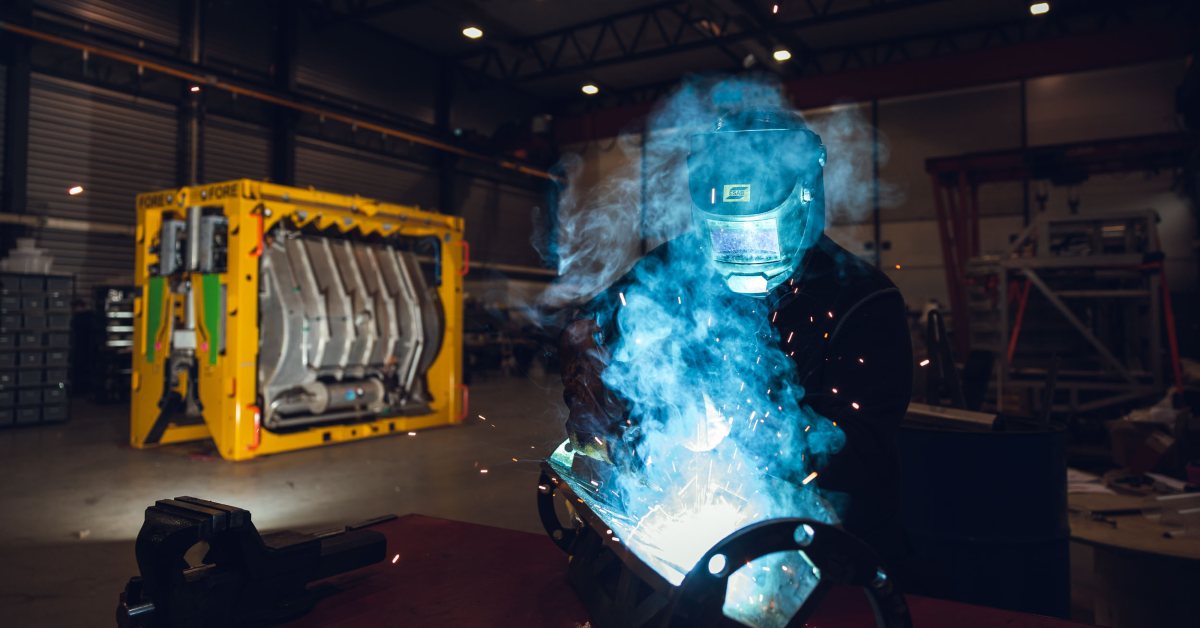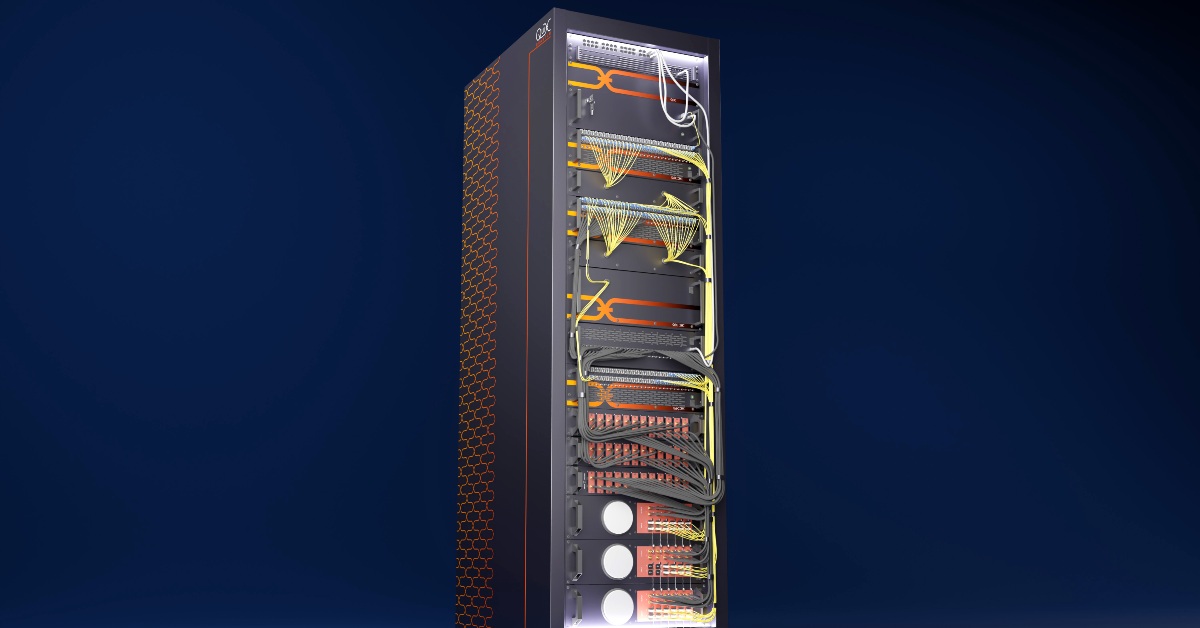Paris-based Bump, a startup that aims to decarbonise cities by providing fast charging solutions for electric vehicles, announced on Thursday, September 22, that it has entered into a strategic and financial partnership with Netherlands-based DIF Capital Partners, an infrastructure investor and fund manager.
The partnership includes a fundraising effort aimed to support a €180M investment plan by 2030.
DIF Capital Partners has also acquired a 55 per cent stake in Bump. The investment came from DIF Capital Partners’ DIF Core-plus Infrastructure Fund III. All original shareholders of Bump will continue to own stock in the company.
Bump: Everything you need to know
Founded in 2020 by François Oudot and Francois Paradis, Bump aims to accelerate the energy transition of cities by allowing people to switch to electric mobility with ease and without the need for financing.
To offer solutions to the ecological challenges of cities, Bump has developed 2 types of offers:
- Charging stations without financing and paid per kWh consumed within companies, business parks and logistics hubs; and
- Fast charging stations in urban areas that are accessible to all in public car parks, supermarkets, shopping centers, retailers and restaurants
Co-founder François Oudot says, “At Bump, we are committed to solving one of the biggest problems of our decade: the decarbonisation of mobility. By emitting 50 per cent of CO2 emissions from mobility, professionals have an essential role to play in this energy transition. Bump was created to provide long-term support for all their on-site and roaming charging needs with innovative business models.”
To meet the needs of its demanding customers, Bump claims to have developed a differentiating expertise allowing a high level of service quality of its terminals. Currently, the startup has an availability rate of 96 per cent vs 75 per cent of its terminals for the public network and a successful charging rate of 96 per cent vs 77 per cent on the public network.
Capital utilisation
Bump says it has been able to build a rapidly expanding base of EV charging infrastructure since its inception, and by the end of 2022, it is anticipated that it will have over 1,700 charge stations constructed or contracted.
The proceeds from DIF will help the company to expand its portfolio of charge stations as it works toward becoming one of France’s industry leaders in the B2B sector.
François Oudot, CEO of Bump, says, “We are excited about this opportunity to accelerate our growth and tap the booming French EV market. Partnering with DIF will enable us to secure long-term financial resources and benefit from their experience in supporting large CaPex rollout programmes.”
About the investor
DIF Capital Partners is a global independent investment manager with over €14B in assets under management across 11 closed-end infrastructure funds and many co-investment vehicles.
France is a key target market for DIF and is served locally by its 13-person team in Paris. The investment in Bump is DIF’s second investment in the sector after the acquisition of a majority stake in Plugit Oy, a Finnish EV charging infrastructure company, last year.
Currently, DIF Capital Partners has a team of over 190 professionals, spread across 11 offices located in Amsterdam (Schiphol), Frankfurt, Helsinki, London, Luxembourg, Madrid, New York, Paris, Santiago, Sydney and Toronto.
DIF uses two complementary methods to invest in infrastructure businesses and assets particularly in Europe, the Americas, and Australia:
- The most recent DIF CIF fund, DIF CIF III, focuses on equity investments in small to mid-sized core-plus infrastructure firms in the transportation, energy transition, and communications sectors.
- Traditional DIF funds, of which DIF Infrastructure VI is the latest, focus on infrastructure equity investments with long-term contracted or regulated revenue streams, such as public-private partnerships, concessions, utilities, and energy transition projects (incl. renewable energy).










01
From telecom veteran to Dutch Startup Visa success: The Jignesh Dave story